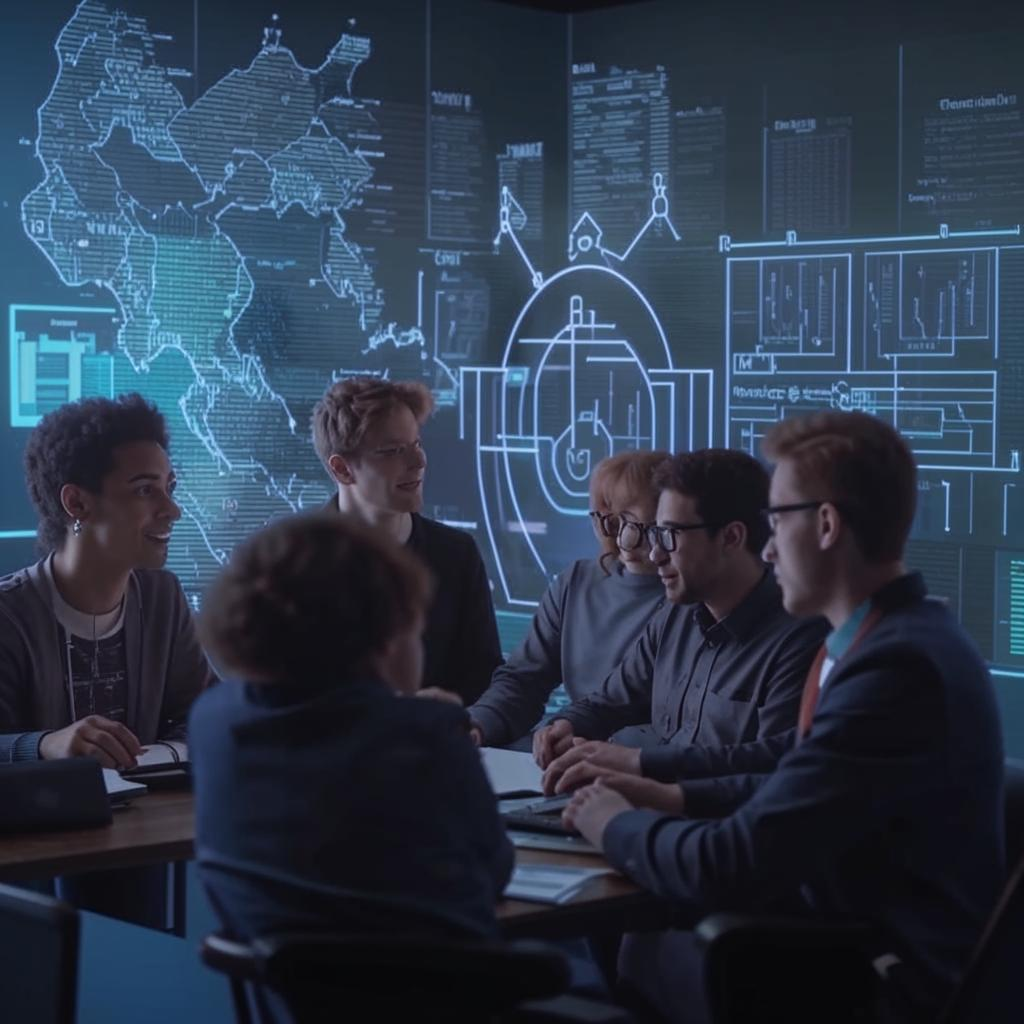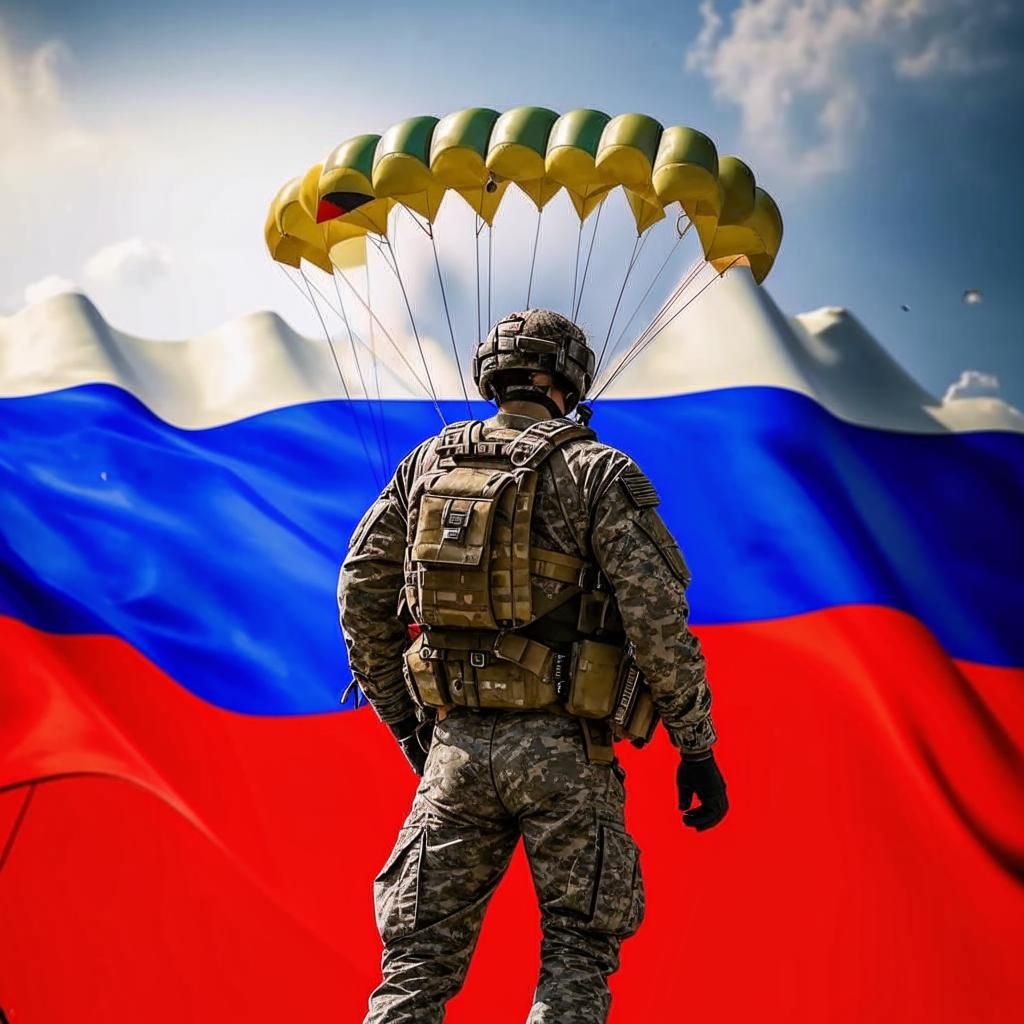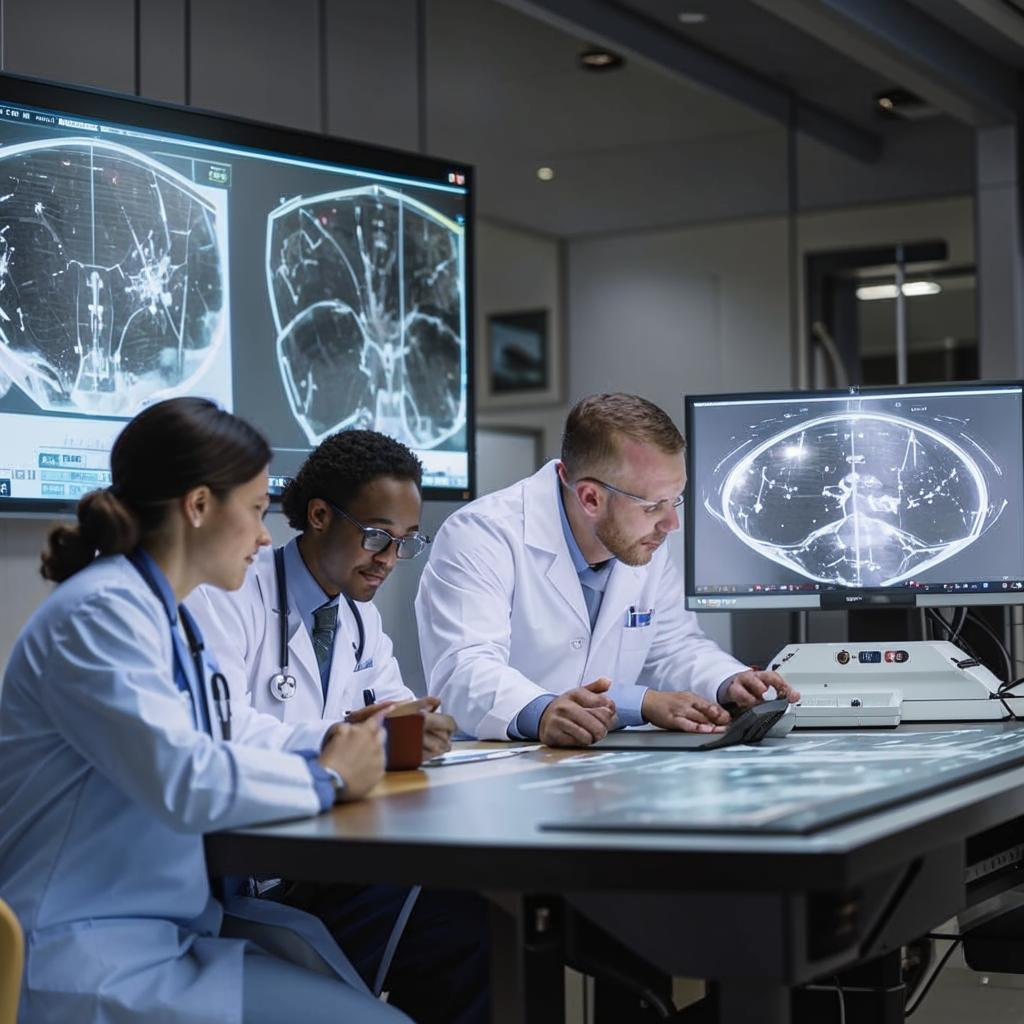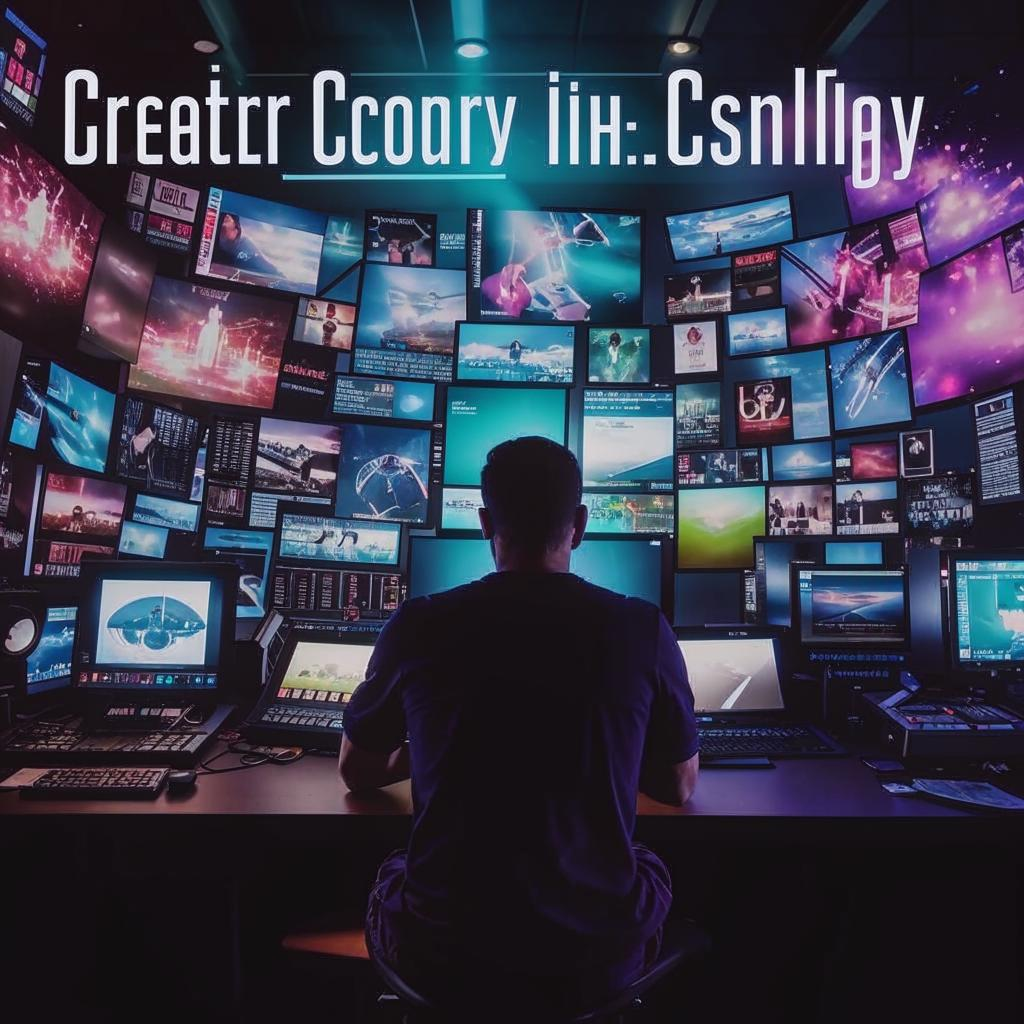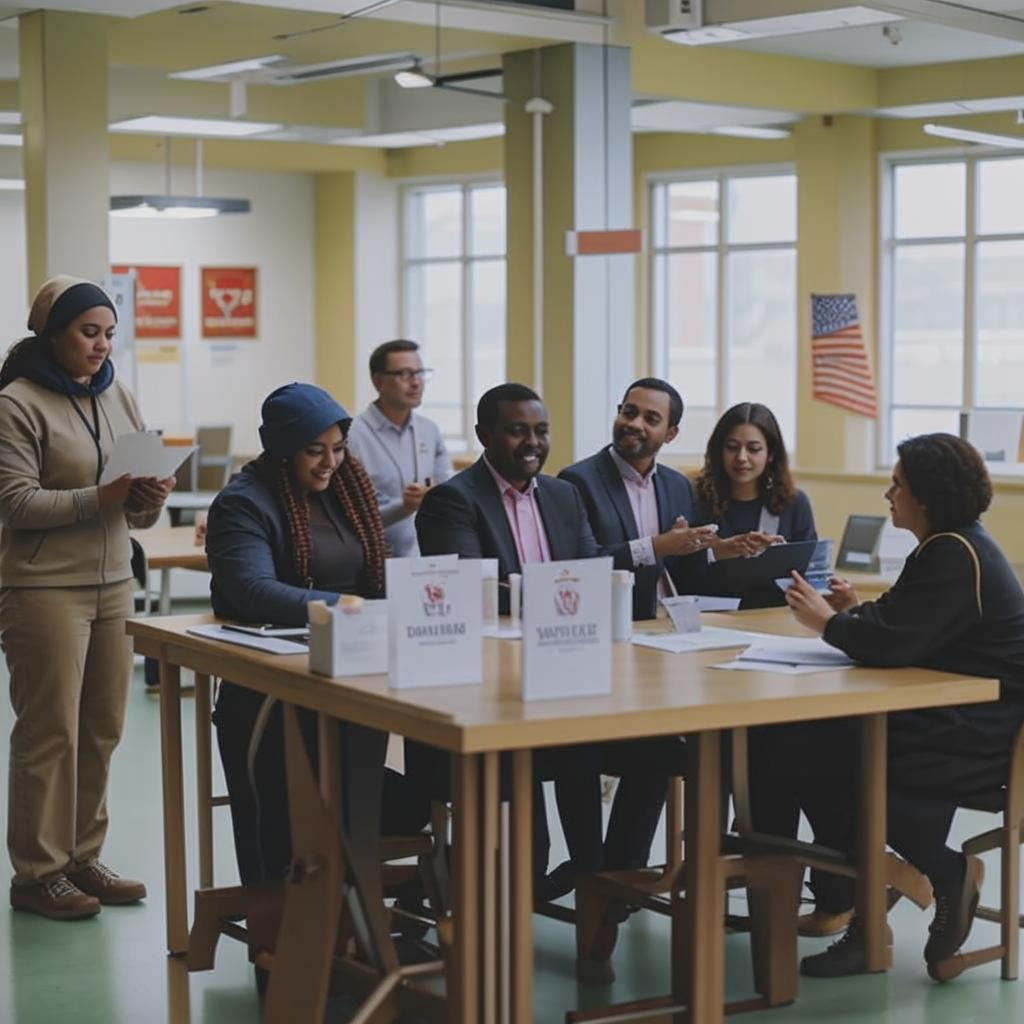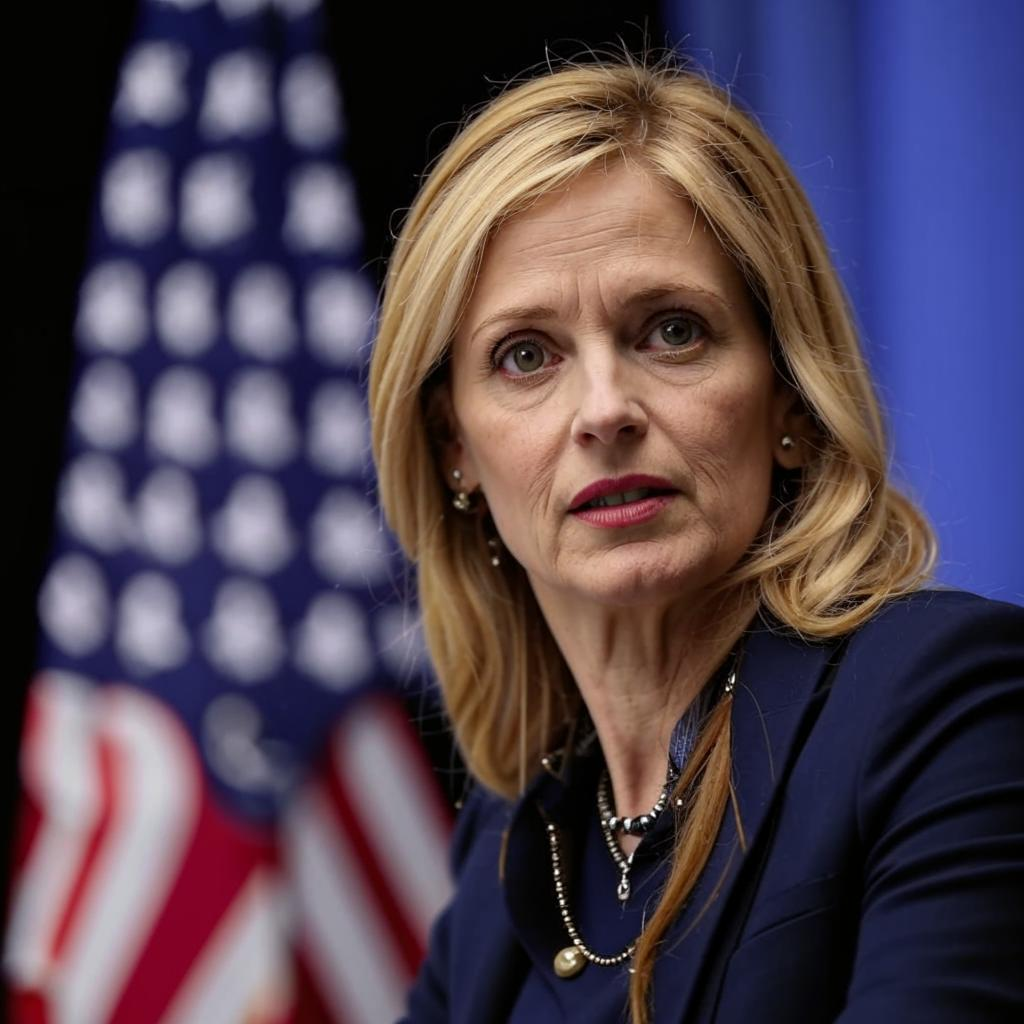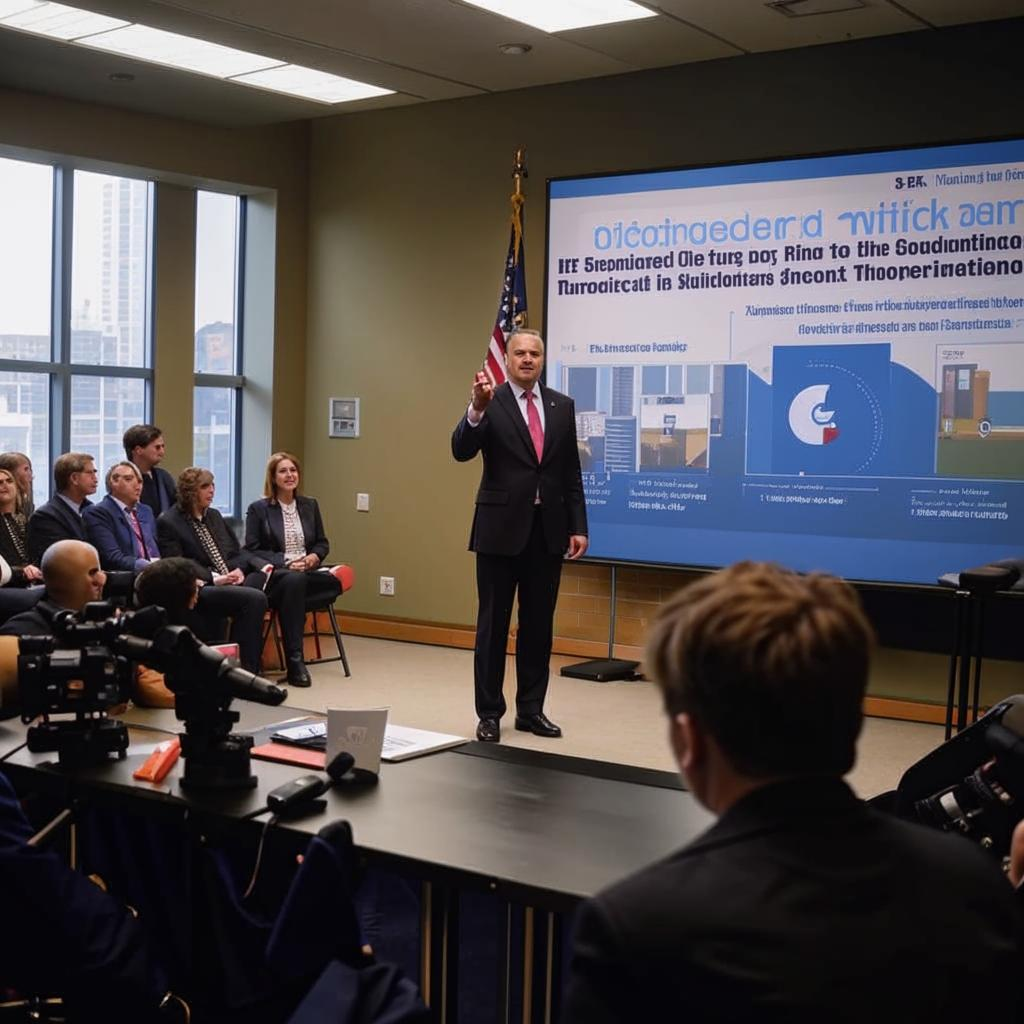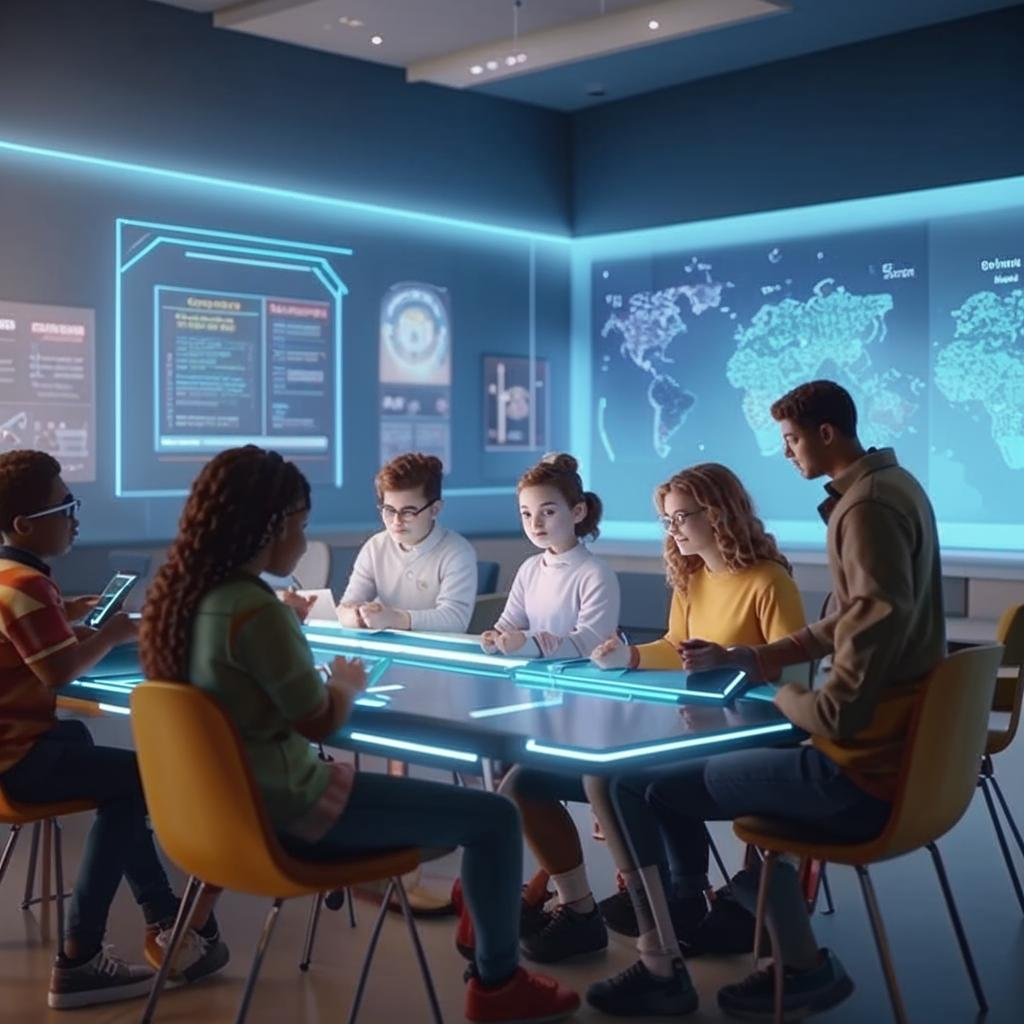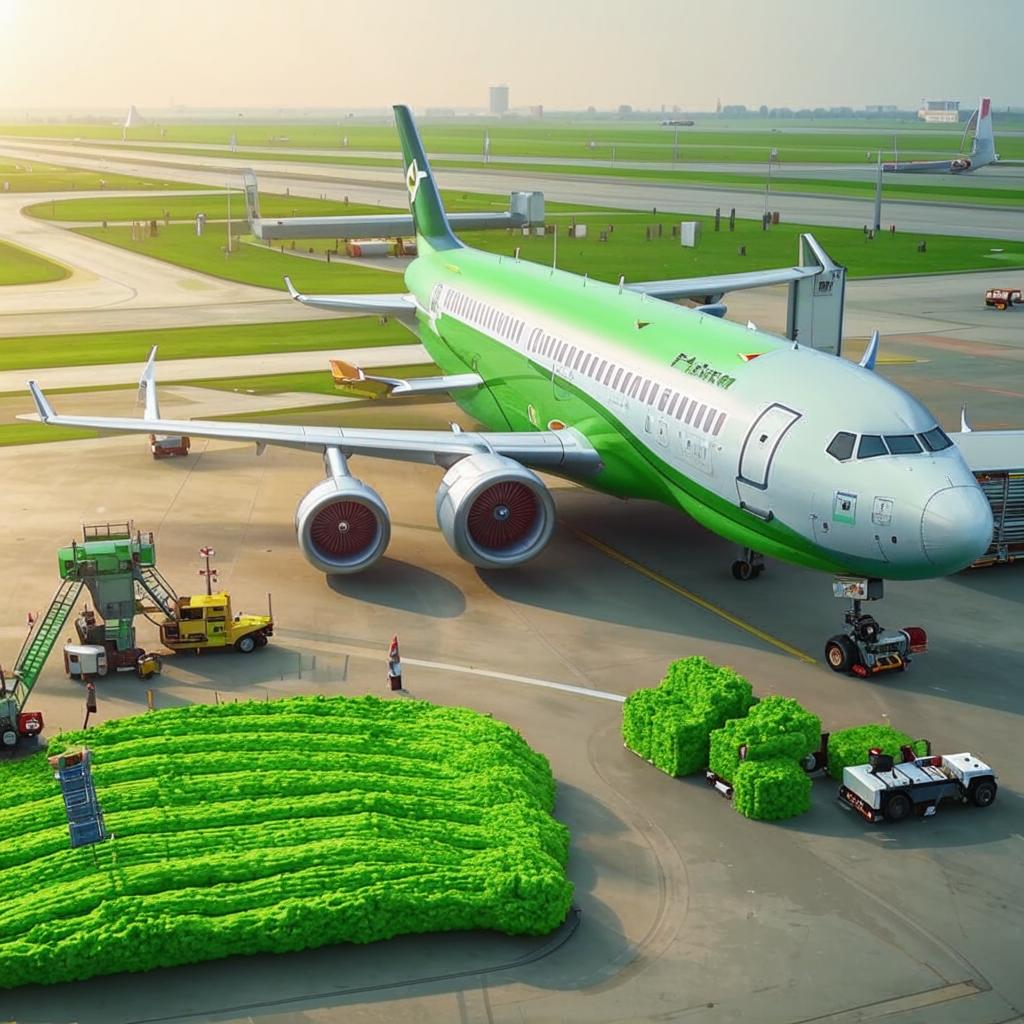Decentralized Autonomous Organizations (DAOs) are emerging as a transformative force, poised to reshape how people work, collaborate, and govern organizations. Unlike traditional hierarchical structures, DAOs operate on blockchain technology, enabling transparent and community-led decision-making. DAOs offer a compelling vision for the future of work by empowering individuals to contribute their skills and expertise to projects they believe in, regardless of geographical location or traditional employment constraints.
The core of a DAO lies in its smart contracts, which automate rules and enforce agreements. This reduces the need for intermediaries and fosters trust among members. Decision-making is decentralized, with proposals submitted and voted upon by the community. This participatory approach can lead to more innovative and equitable outcomes.
However, DAOs also face challenges. Governance structures need careful design to ensure inclusivity and prevent manipulation. Legal and regulatory frameworks are still evolving, creating uncertainty around liability and compliance. Security vulnerabilities in smart contracts can pose a risk to DAO assets. As DAOs mature, addressing these challenges will be crucial for their long-term success.
Despite these hurdles, the potential of DAOs is undeniable. They offer a glimpse into a future where work is more flexible, transparent, and community-driven. As blockchain technology continues to evolve and adoption grows, DAOs could revolutionize various industries, from finance and technology to art and social impact. The transition to this new paradigm will require experimentation, adaptation, and collaboration. Finishtit
